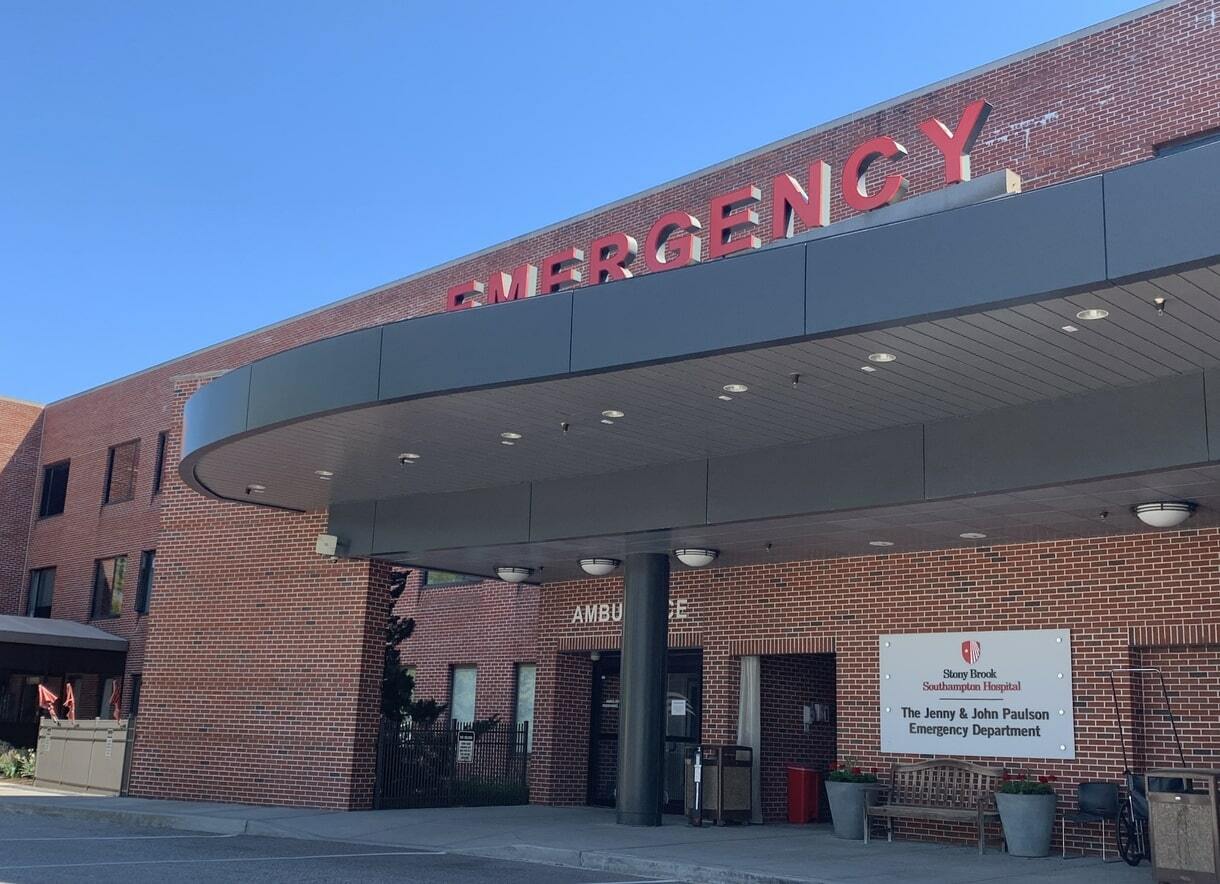
The East End’s state representatives appealed to new Governor Kathy Hocul and state health officials this week saying that they fear a staffing crisis if the state’s mandate that all hospital and nursing home staff be vaccinated against COVID-19 is implemented this month as planned.
In a letter to Governor Hochul and state Health Commissioner Howard Zucker, State Assemblyman Fred W. Thiele Jr. and State Senator Anthony Palumbo said that they believe that East End hospitals could lose as much as 20 to 30 percent of their staff, who would quit before agreeing to take the COVID-19 vaccine if the vaccination mandate is carried through.
“Many of the facilities in our districts have reached out fearing an impending crisis of care that a widespread staffing shortage would create due to the vaccine mandate,” Mr. Thiele and Mr. Palumbo wrote in the joint letter. “We are greatly concerned that these avoidable staffing losses will make meeting the laudable goals of recently enacted safe staffing legislation unreachable, while at the same time creating a severe healthcare worker shortage that puts patients at risk as COVID-19 cases are on the rise.”
The lawmakers also noted that the state has not offered specific guidance on how hospitals are to deal with employees who refuse to get vaccinated and asked if the state has a contingency plan should there be a widespread loss of hospital staff.
The vaccination mandate for hospital staff was imposed via an executive order by former Governor Andrew Cuomo on August 16 and expanded to include all healthcare workers 10 days later — just before he resigned from office.
“Our healthcare heroes led the battle against the virus, and now we need them to lead the battle between the variant and the vaccine,” the former governor said at the time. “We have always followed the science, and we’re doing so again today, with these recommendations … but we need to do more.”
The current state mandate requires that all staff at hospitals, nursing homes and other medical facilities be vaccinated by September 27 — with exceptions only for health or religious reasons.
Since taking office, Governor Hochul’s administration has introduced new mandates for teachers, requiring them to be vaccinated or submit to regular testing, and lifted the religious exemption from the original health care workers mandate.
Last month, multiple staff members at Stony Brook Southampton Hospital said that they think about 25 percent of the hospital’s staff have still not been vaccinated and that many would consider leaving their positions at the hospital if they were forced to chose between getting the shot or quitting.
They said that the hospital is also already operating at low staffing levels because of the rising costs of living on the South Fork and the oppressive traffic employees face commuting from points west.
The 1199 United Healthcare Workers Union, which represents most of the staff at Stony Brook Southampton Hospital and many others, has officially opposed vaccination mandates for its members and has mounted protests outside hospitals that have implemented them — though the union says it recommends its members get vaccinated.
Last week, some hospital staff and a large throng of other people espousing anti-mask and anti-vaccine beliefs staged a raucous protest outside Peconic Bay Medical Center.
Neither local hospital has issued any specific instruction to their staff members as yet and Stony Brook Medicine has only said that it’s hospitals will “follow all state and [Department of Health] guidelines regarding immunization.”
Some private hospitals have already implemented an optional requirement for their staff, requiring vaccination or that any un-vaccinated staff member be tested weekly for COVID-19.
Stopping short of explicitly asking that the mandate be rolled back, Mr. Thiele and Mr. Palumbo ask the state to at least provide more guidance for hospitals and detail how it will address any staffing shortages that might arise.
“While it is our mutual goal to protect both patients and those working in our healthcare facilities,” they wrote, “it is critically important that we ensure that our hospitals and nursing homes have the appropriate staff to handle the increased patient demand caused by the pandemic.”